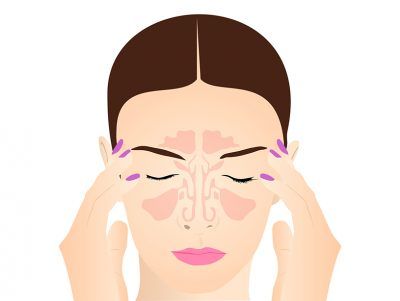Try Stress Management to Control TMJ
For many people, TMJ is a transitory condition, one that doesn’t require professional treatment. For these people, TMJ is often related to stress. In these cases, managing stress can help get TMJ under control.
Here are some basic stress management techniques that may be able to help you if you think stress is causing or contributing to your TMJ.
Identify Stressors
Before you can manage your stress, you have to figure out what, exactly, is stressing you out. For people, the most common stressors include:
- Relationships
- Work
- Money
- Time shortage
- Constant demands
- Lack of sleep
To start to get a handle on your stress, figure out which of these is behind your stress. One you’ve identified your stressors, you can start to tackle them.
Practice the 4 A’s
There are many recommended techniques for tackling your stressors once you’ve identified them. One of the most commonly recommended stress management techniques is the 4As. This stands for the combined strategy of Avoid, Alter, Adapt, and Accept.
Avoid Stress: Wouldn’t it be great if you could just avoid stressors? The good news is that in many cases, you can. You just have to do it. If a relationship is very stressful, maybe it’s time to get out of it, or, at least, avoid situations in the relationship that tend to become stressful. If it’s work that’s stressing you out, maybe it’s time to look for another job, or, at least, talk to your boss about the sources of stress and find out if they can help. Maybe you can get some of the most stressful tasks off your plate. Most importantly, learn to say “no” to tasks that aren’t part of your job description. And if you have chores and other home related tasks that need doing, remember that the modern gig economy has many people who are prepared to take on those tasks, often for a reasonable fee.
Alter the Situation : If keeping your feelings closed up is contributing to your stress, maybe it’s time to let those feelings out. Also, ask other people to open up, too. Often this will reveal what matters to everyone in a situation so you can find a less stressful solution for everyone. Make time for rest, relaxation, and recreation. Remember that these are important opportunities to recharge your batteries and they’ll make you more efficient overall. Which will let you clear out your tasks so that you can feel less stressed.
Adapt: It takes two to tango. When it comes to stress, part of the cause is the event, but part of it is your response. If you can learn to change your response to events, you can often make them less stressful. Look at events in context–and always remember to be grateful for the good and not just upset by the bad. Learn to not sweat the small stuff, as the man says. Realize when you’re holding yourself to unrealistic standards and learn to let “good enough” be good enough when it’s the best you can manage.
Accept: Don’t forget that you can’t control everything, and trying to control it will make you unnecessarily stressed. People make mistakes–even you–and there’s nothing you can do about it once it’s done. Forgive people their mistakes (even yourself), and learn to move on. Remember that challenges are opportunities, too, and try to make lemonade when you have to.
Live Healthy
Many of us today live an unhealthy lifestyle, which can contribute to stress. Too much sugar and caffeine can cause us to soar and crash emotionally, both of which can be stressful. Alcohol can be a short-term stress reliever, but in the long run it can make things worse.
Exercise is a natural stress reliever, too, so make time for it as well as your rest. Of course, exercise can sometimes seem like one more chore, so find an exercise that really seems like a break to you.
Get Help
Remember, you don’t have to deal with stress alone. Try to find someone who can help you relieve your stress. This may be your significant other, a friend, a religious authority, a yogi, or even a professional counselor. There’s no shame in getting help for your stress, and you’ll probably feel much better.
What If TMJ Doesn’t Go Away?
So, what do you do if you’ve gotten rid of your stress, but not your TMJ? This could mean either that your TMJ was never really related to your stress or that your stress-related TMJ has progressed to cause damage to teeth, jaw joints, and other structures. In this case, it’s time to talk to a TMJ dentist and find out how TMJ treatment can help.
If you are looking for a TMJ dentist in Detroit, please call (248) 825-8277 today for an appointment with Dr. Jeffrey S. Haddad at the Michigan Center for TMJ & Sleep Wellness.












